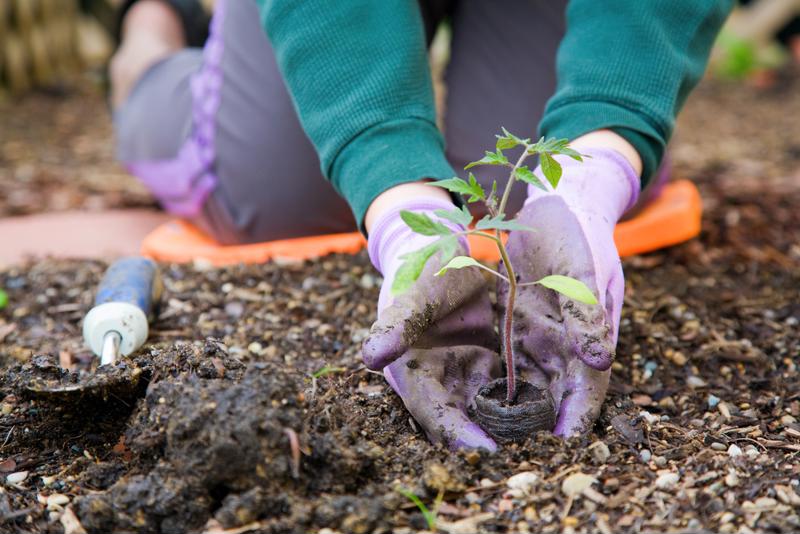9 ways to go green this summer
Making a few changes in your life can not only provide a benefit to the environment, but can also have a positive effect on your budget. Many of the best ways to go green involve doing things that are efficient, lowering your grocery or utility bills.
Summer in particular offers many chances to reduce your environmental impact and save a little bit of money. Check out these ideas for easy improvements to make around the house.
1. Start a garden
Driving to and from the grocery store each week can be a pain in the neck, and the cost of summer veggies can be shockingly high. By growing some of your favorites at home, however, you can save some money while also helping out mother nature.
This not only represents a great project for you and your family, but will ensure that you have fresh produce throughout the summer. This is perfect for a lazy dinner as well as when hosting a cook out or other event. Bio Friendly reported that picking native plants will mean less work and less watering.

2. Consider solar
Because there isn't any snow or ice that can get in the way, summer is a great time to install solar panels on your home or garage. Most states offer incentive packages that can help cover the up-front costs, and especially in the summer months, solar panels can make a dramatic impact on your home electricity bill. In some instances, you may even become a net supplier of energy, and your meter can actually run backwards!
3. Collect rain water
Another easy way to cut back on your utilities this summer is to capture rain water to be used for your lawn or garden. By installing a rain barrel at the end of your gutter, you can store extra precipitation and save on your water bill. This can also be a way to mitigate damage that may be caused by excess rain during a thunderstorm.
4. Plant a few trees
Trees are another great way to reduce the risk of water damage because they are so good at soaking up rain. HGTV stated that planting a few trees can also increase your home's overall value. They can improve your property's curb appeal, and the shade provided may also keep your home cooler during the hot summer months.
5. Replace an old grill
According to the Nature Conservancy, electric or gas grills are significantly more environmentally-friendly than charcoal or wood burning models. The smoke given off from briquettes or firewood simply isn't as clean as a propane or electric grill. Otherwise, be sure to select natural wood chips or charcoals for your cook out whenever possible.
6. Invest in a tankless water heater
Upgrading your home's water heater is another great way to make a positive impact this summer. Not only are electric tankless water heaters more efficient and environmentally friendly, but they allow for endless hot water. This is essential for homes with a pool, but can still be immensely effective at lowering the cost of hot water for any household.
7. Walk to work
Whenever possible, opting to walk or bike around town is another easy way to help out your wallet and the planet. If your children are headed to summer camp, consider setting up a walking carpool with other parents, or see if biking would be an option as well.

8. Dry your clothes outdoors
Running the dryer can not only increase your electricity bill, but can also make your house warmer. For that reason, taking your laundry outside and hanging clothes on a line to dry can make a big difference. Just be sure to keep an eye on the weather forecast, because a rain storm can undermine your otherwise well-intentioned idea.
9. Pick the right sunscreen
When it comes to going green this summer, there are important considerations beyond reducing your use of electricity or other resources. Some items such as sunscreen or bug spray can be loaded with harmful chemicals that may damage local wildlife or water sources. Be sure to select options that are environmentally friendly. This is also be true of fertilizers and weed killers for your gardening efforts.
